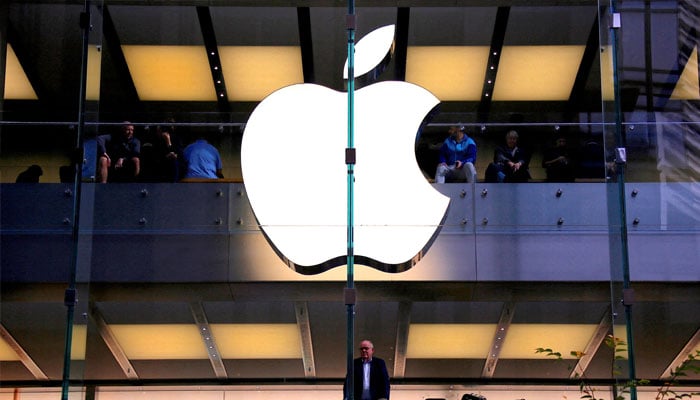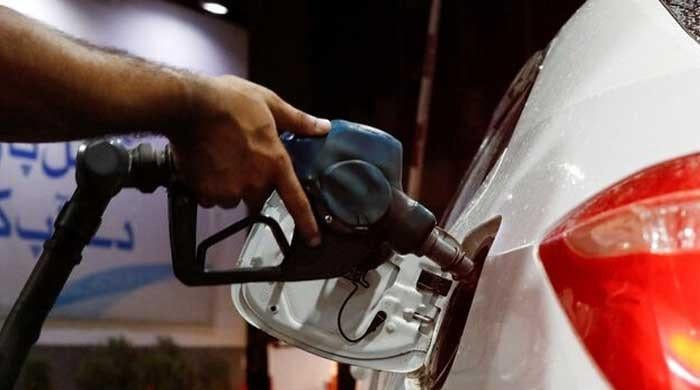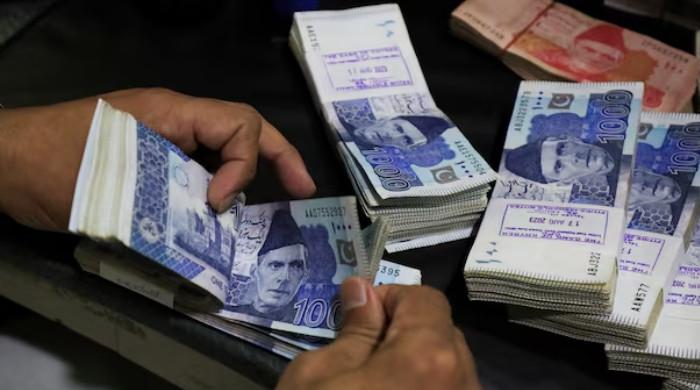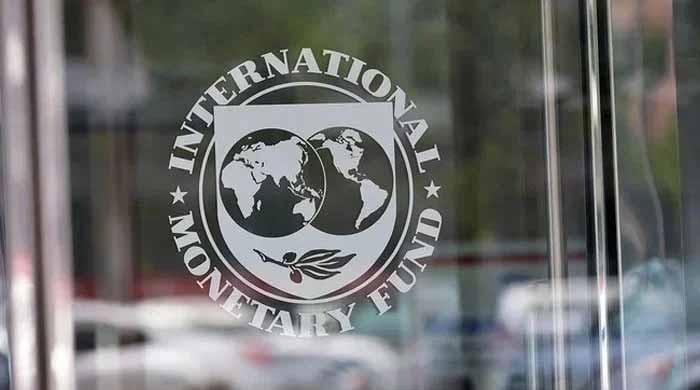Apple initiates payments in iPhone slowdown lawsuit, settling for $500m
Apple maintained its denial of wrongdoing during the settlement agreement
January 08, 2024

In an ongoing resolution to a prolonged class action lawsuit, Apple has commenced payments over allegations of intentionally slowing down certain iPhones in the United States, BBC reported.
As part of the $500 million (£394 million) settlement reached in 2020, complainants are set to receive a portion, equating to approximately $92 per claim.
While Apple maintained its denial of wrongdoing during the settlement agreement, the company expressed concerns about the escalating costs associated with prolonged litigation.
The US case, dating back to December 2017, originated from Apple's admission that it deliberately slowed down some iPhones as their batteries aged.
The explanation provided was that this measure aimed to enhance the longevity of the devices by compensating for battery performance degradation.
Critics contended that Apple failed to inform customers about the intentional performance throttling, leading to an uproar.
Consequently, Apple responded by offering discounted battery replacements to address the issue, eventually resulting in the class action lawsuit.
Initially estimated at around $25 per person during the settlement, the actual payout has now surged to nearly four times that amount, with each claimant poised to receive about $92.
Simultaneously, a comparable case is underway in the UK, seeking £1.6 billion in compensation. Apple's attempt to thwart a mass action lawsuit in the UK was unsuccessful in November, as the court allowed the case to proceed.
Initiated by Justin Gutmann in June 2022, the UK lawsuit represents an estimated 24 million iPhone users. It covers a broader range of devices, including iPhone 8, 8 Plus, and X, in addition to the iPhone 6 and 7 ranges covered by the US settlement.
Apple, reiterating its stance on the matter, has labelled the UK lawsuit as "baseless" and emphasised that the company would never intentionally compromise the lifespan of its products or degrade the user experience to drive customer upgrades.









